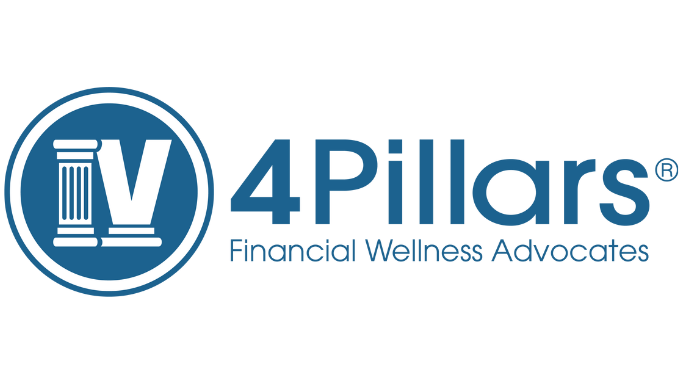Actual formulas used in calculating credit scores are usually not a property of the public but in essence of the private companies. What this means is that you cannot know with certainty how your scores will be affected by the actions you take. This notwithstanding, there are main parameters like types of loans, payment history, length of debt repayment and so forth that determine your credit rating. It is thus recommended to work on these parameters to improve your credit rating. Though it is a road that is rough and bumpy, you should remain focused to achieve your goals of a good and healthy financial standing.
Credit Payment History
Repayment of credit is one of the most significant factors for your credit rating. It can either improve or lower your credit scores. Some of the things that will affect your credit rating negatively are missed or late payments, debts that you failed to pay and were sent to a debt collection agency and elongated time of debt repayment. Therefore, to improve your credit rating, always pay your bills on time. If your financial position, cannot allow you to make the full payment of the amount outstanding, do all that is within your means to make the minimum payment. On the flipside, if you cannot even manage the minimum payout then talk to your creditors immediately. This way, the lender will be in the limelight of your position and might give room for negotiating special arrangements for the repayment of the outstanding amount.
Types of Loans
When you have only one type of credit, your credit scores will be lower. To improve your credit rating it is advisable you take different types of loans and credit cards. Having a rich collection of credit products will get your credit rating quotient higher. It is worth mentioning that you should only take credit that you will manage to repayment without defaulting. This is so because even if you have a mix of credit products, if you default in repaying them, they will hurt your credit rating.
Credit Utilization
What counts in credit rating is how you utilize your credit and not necessary the credit limit. What this means is that when you use a higher percentage of your available credit then your scores are likely to go down. This is because most lenders see you as having a greater risk of default than those who use just a small percentage of their credit limit. This said, you should try as much as possible not to allow your credit card balances to go over the mark of 30% of the allowable credit. It is worth noting that even if the worst happens and you go over the mark of 30%, you should not at anytime go over your credit limit. This will bring down all the efforts of working on your credit scores because it will affect it adversely.
Length of Your Credit History
The longer you have credit cards and savings accounts open and operational, the higher your credit rating. You should never cancel any of your credit cards or bank accounts even if you do not use them frequently. Make sure that you at least use your credit cards once a year because this will go along way in improving your credit scores.
When all is said and done, the ball is on your court. You have to make deliberate efforts to improve your credit rating.


